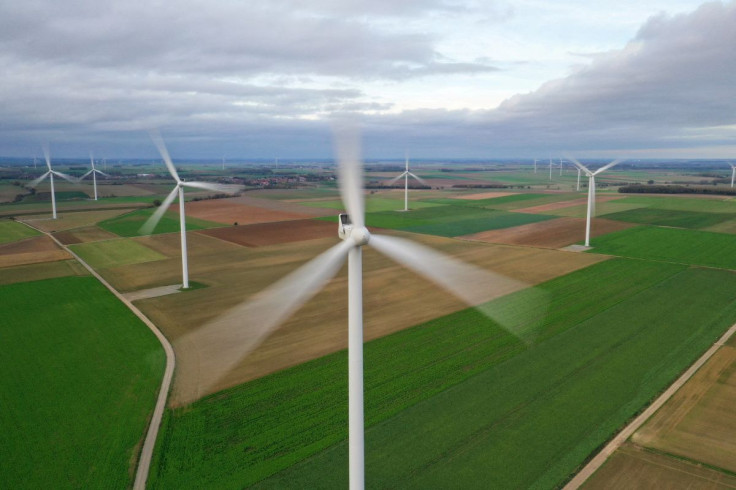Europe Is Beginning To See The Other Side Of The Green Energy Revolution — The Russian Trap

European leaders are beginning to see the other side of the clean energy agenda -- the growing dependence on Russia for their energy needs.
Europe has been at the forefront of the green energy revolution, which seeks to save the environment from hazardous chemicals like greenhouse gas emissions released by electric power-producing plants and oil refineries. The European Commission (EC), the executive branch of the EU, plans to have member countries carbon neutral by 2050, with an intermediate target of cutting gas emissions by 55% by 2030 from 1990 levels.
That's a noble, ambitious agenda for the future of Europe and the world, which the EC tries to enforce with a combination of generous subsidies for clean energy producers and hefty penalties for polluters. Member countries, one after the other, have been on board by getting rid of coal-fired plants and replacing them with air-turbine power, solar panel farms and natural gas-fired plants, which are a "transitional solution" to the EU's energy needs.
The green energy revolution has been a boon to German factories making the air turbines. And farmers can get better returns on their land used to "grow" electric energy rather than conventional crops.
The trouble is that most of these clean energy producers aren't reliable. Their output depends on weather conditions, and they cover a small part of Europe's needs at best. That leaves natural gas the de facto choice for making up for the shortfall in electric energy production due to the shutting down of coal-firing power plants.
But natural gas isn't in unlimited supply. Thus, the natural gas price spike was seen at the end of last year, as supply couldn't keep up with demand, followed by a spike in electricity prices. Greek consumers paid 50 euro/MWh for electricity last August. By December, that climbed to levels higher than 200 euro/MWh.
Most European countries do not have sufficient natural gas supplies to fill the shortfall created by the absence of coal-fired plants. They have to rely on imports from natural gas-rich countries like neighboring Russia, which provides roughly one-third of Europe's energy needs, according to Statista.com. With countries like Germany and Italy relying on Russia for close to 50% of their natural gas needs, the EU has placed its energy policy in the hands of Moscow — the Russian trap.
"European economic policy is largely subservient to resource-rich nations like Russia," said Peter Sobotka, founder and CEO of Corinex. "Without a commitment to energy independence, European economic sovereignty will be subject to large powers that control its energy supply. Europe became so dependent on Russia because it has historically been a cheap source of fossil fuels, but the crisis in Ukraine may force European utilities to increase their already sizeable plans to invest in European energy infrastructure in order to ensure energy security."
Sakis Dionysopoulos, owner and president of Dion Enterprises, which includes Greece's largest recycling company, doesn't think Europe should abandon its green energy drive.
"The green energy movement is part of a broader movement for sustainable development, which includes recycling resources," he said. "That's something Europe and the world cannot afford to give up, as the planet's resources will be depleted sooner or later."
© Copyright IBTimes 2024. All rights reserved.






















